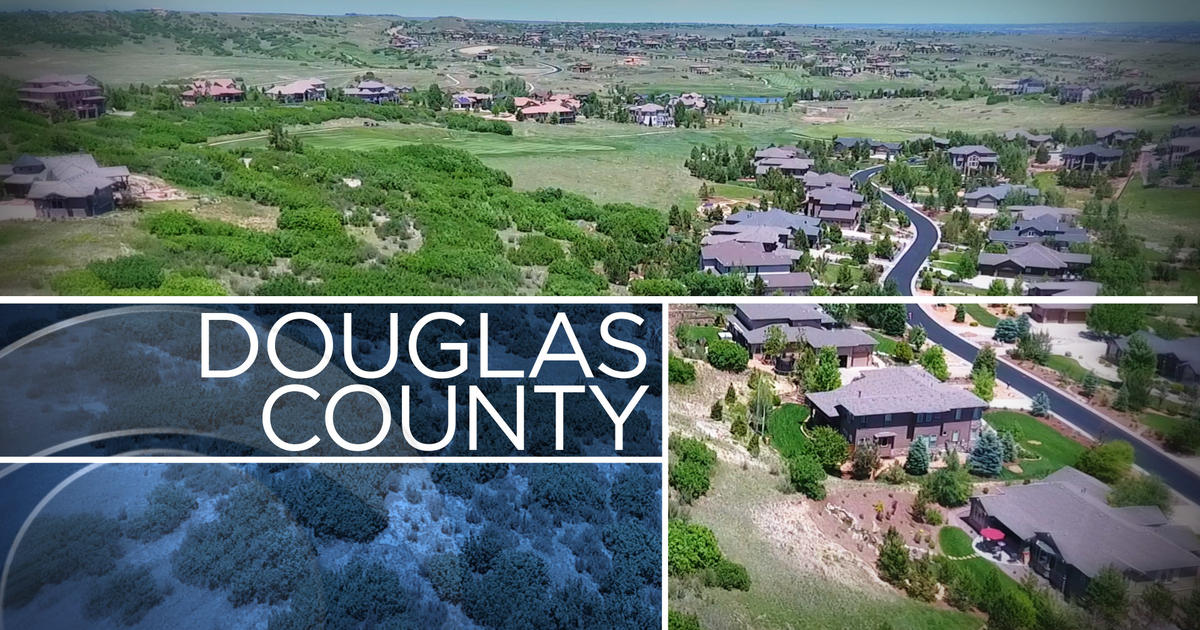Government Surveillance Hot Topic In Colorado
DENVER (AP) — Colorado lawmakers are pushing several bills this year that seek to limit government surveillance — proposals that have gained momentum in the wake of revelations about federal collection of phone and email records.
Some of the bills have been in the works for a couple of years, but lawmakers say disclosures about the National Security Agency's surveillance programs and the long-standing debate over the adoption of the Patriot Act following the Sept. 11 terrorist attacks has helped spur a conversation.
"This ... made everyday people at their kitchen table say, 'Why are we being surveilled? What are we doing that's so suspicious?'" said Rep. Polly Lawrence, R-Littleton.
Lawrence sponsored a bill this session limiting how long agencies keep "passive surveillance" records like video images of traffic conditions or activity in parking garages. The legislation has been signed into law.
Other measures are pending, and have good chances of passing because they have bipartisan support.
One proposal would refer a question to voters in November asking whether law enforcement should get warrants to search electronic data, such as phone and email records, or personal data stored in a cloud. If approved by lawmakers and voters, the requirement would be added to the state constitution.
Democratic Senate President Morgan Carroll, one of the sponsors of that bill, said the intent is to make it explicitly clear that electronic data is covered by the Fourth Amendment's protection against unreasonable searches and seizures.
"I think a lot of people weren't necessarily aware of how much their information may actually be not private, not protected," Carroll said. "I think we all used to assume that all searches and seizures required a warrant of probable cause."
Matthew Durkin, a Colorado deputy attorney general, testified against Carroll's bill, saying the U.S. and Colorado constitutions already cover electronic data such as password-protected emails or encrypted data.
"You would have to get a search warrant for those things right now," he said. But he told lawmakers that amending the state constitution by including the broad term of electronic data could mean law enforcement will be required to get search warrants for Twitter or Instagram postings.
Another measure, also sponsored by Carroll and Sen. Kevin Lundberg, R-Berthoud, would put into state law a U.S. Supreme Court decision that barred police from installing GPS technology to track suspects without getting a judge's approval.
The bill, along with the proposal to amend the state constitution, cleared their first committees recently.
Another pending proposal that would ban speeding and red-light cameras is also driven in part by privacy concerns. Lawmakers have also argued the cameras are used primarily as revenue generators. But law enforcement and local governments are urging lawmakers to reject the ban, saying they've used the cameras to improve road safety.
Lawmakers say the bills introduced this session underline what's likely to be an ongoing debate.
"I think what we know about government surveillance is probably just the tip of the tip of the iceberg," said Rep. Jonathan Singer, D-Longmont.
By Ivan Moreno, AP Writer (© Copyright 2014 The Associated Press. All Rights Reserved. This material may not be published, broadcast, rewritten or redistributed.)



